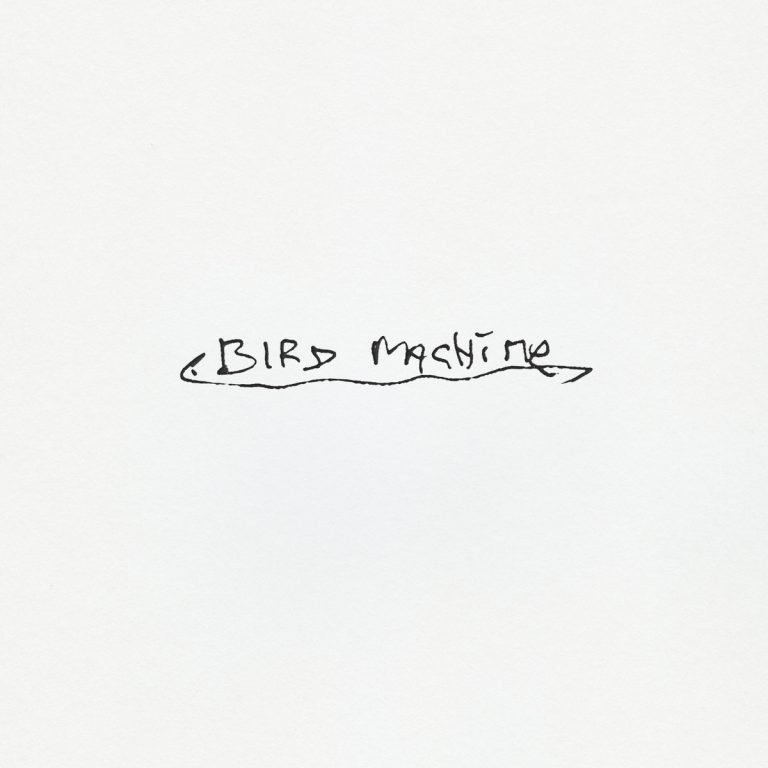It was inevitable, really – that there would be tears.
I remember the numbness when I first heard that Sparklehorse architect Mark Linkous had died; that he had put a rifle to his chest and pulled the trigger in an alley in Knoxville, Tennessee. I remember so acutely because this was only months after the suicide of Vic Chesnutt, another musician struggling with depression and other unknown weights, and I was still reeling from his passing. Both men were masters of a special kind of Southern lyrical evocation, the kind that someone like David Berman would refine and elaborate on through his work in Silver Jews and then as Purple Mountains. The loss was heightened through my musical relationship that had begun with Vivadixiesubmarinetransmissionplot in 1995 and would last until 2006’s Dreamt for Light Years in the Belly of a Mountain (not counting his 2010 Danger Mouse collaboration, Dark Night of the Soul).
Documentaries and various tributes would follow in his passing, allowing people to grieve un-alone, surrounded by those whose lives were impacted by Mark’s seemingly supernatural gifts. Years passed, and the myth of Sparklehorse grew into something approaching folklore. His talent for dismantling folk and pop music, often dousing his creations in static and hissing atmospheres, was unique, while his broken falsetto was a balm against the terrors and rigidity of reality. So when word of a proper follow-up to Dreamt for Lightyears was shared, some 13 years after his passing, fans seemed eager but unsure as to the feasibility of someone trying to interpret the details of Mark’s often indecipherable intentions.
Thankfully, those doubts are rendered meaningless upon first listen of Bird Machine. And its path to release all came down to a series of conversations. Prior to his death, Linkous was spending time recording and talking extensively with his brother Matt, discussing his inspirations for the next Sparklehorse album. They’d ride around together, listening to different records and finding ways of adapting their sounds to fit Mark’s skewed musical perspective. And so, when Matt and his wife Melissa, both of whom performed alongside Mark as bandmates, began rummaging through and cataloging the tapes, reel-to-reels, and notes that he left behind, the faint outline of that unreleased collection began to take shape with the help of co-producer Alan Weatherhead. It certainly helped that Linkous had already set the track list and album title prior to his death so the rough sketches were already there.
And while Mark likely didn’t envision Bird Machine as something to be posthumously offered, its songs are prescient in their examination of regret and loneliness while dotted with the occasional bit of light and affection. Opener “It Will Never Stop” is especially situated to be a reminder of both a voice not bound by earthly tethers and the ways in which he occasionally combined raucous distortion with heartfelt lyricism. Beneath the fuzz and megaphone theatrics, the song instantly reconnects us with someone we thought we had lost forever, and while reality soon intrudes and reminds us that we’re just hearing a lingering echo of that person, it’s still enough to make your heart ache with gratitude.
The album does feel kind of like a mixtape of what he and Matt were listening to during its creation: there’s the punk-ish fervor of “I Fucked It Up”, the indie pop sway of “Evening Star Supercharger”, and even a thrumming power-pop take on Robyn Hitchcock’s “Listening to the Higson’s”. These moments all capture the reckless genius of a man capable of adapting anything to suit his needs and desires. It’s hard to hear him sing “Oh, where were you / my kind ghosts / when I need you” on glitchy pop ballad “Kind Ghosts” without seeing it as some internalized plea to those in his orbit.
On “Hello Lord”, he laments: “I don’t want to hurt no body / I don’t want to kill no one / I just want to see my baby / whose face is like the sun”. Those words would be devastating on their own without context, but considering its surroundings, we’re left feeling as though the air has been sucked out of the room, gasping for whatever relief we can find. Drifting on acoustic guitar and pedal steel, and Mark’s desperate voice, the track attempts to engage with some greater force outside its understanding: “Hello Lord, how’s your children tonight?”
Jason Lytle lends his voice to “The Scull of Lucia”, a gorgeous tumbling song adorned with mellotron, harmonium, minimal percussion, and a softness of spirit that cuts down to the bone. Hearing Mark and Jason harmonize is like watching clouds drift over rolling hills – something about it just feels right. It seems as though Lytle is saying his goodbyes, much like everyone involved in the creation of this album. Even Linkous’ nephew Spencer is here paying his respects, singing and offering a message left on Mark’s answering machine when he was younger on the devastatingly fragile, piano-led “O Child”.
Bird Machine gives us something we never thought possible: more time with Mark Linkous and the strange beauty he radiated. It’s not a perfect album – “Blue” feels slightly underdeveloped and I question whether the Robyn Hitchcock cover is completely necessary – but it doesn’t have to be. It’s mysterious, slightly messy at times, and filled with a gentle wonder that settles onto our skin like early morning sunlight. It’s a privilege to be in his company once again, even if it is just for 40 or so minutes. On the short and tender closer, “Stay”, he sings: “Oh it’s gonna get brighter / stay / stay / stay for the day”. And I can think of no better way to spend the time than in his company, with my heart remembering a time before March 6, 2010, when we were still witness to the magic of his world.

